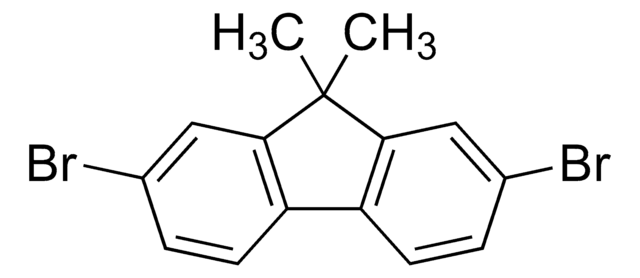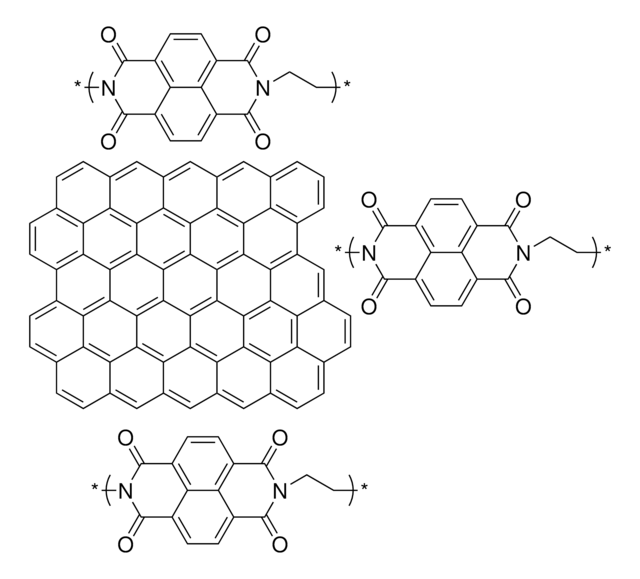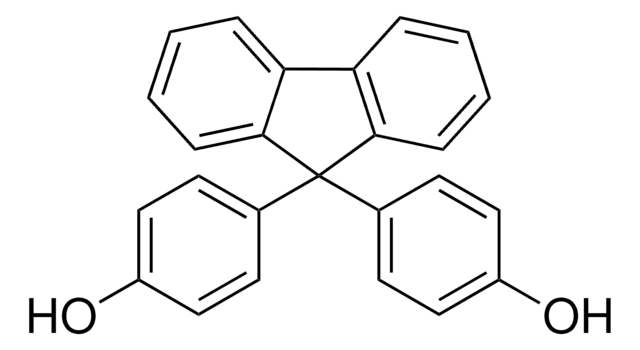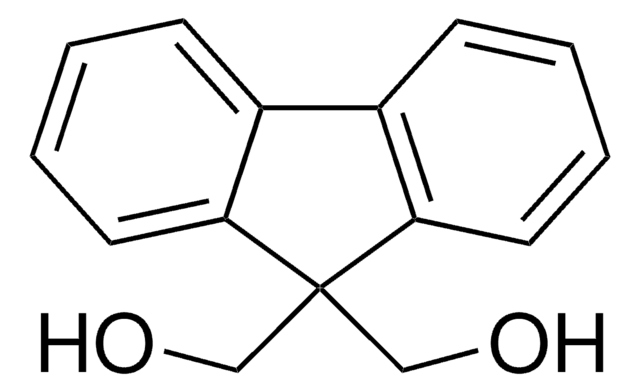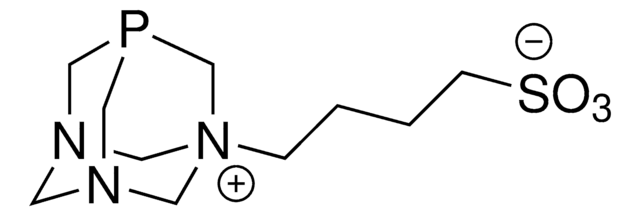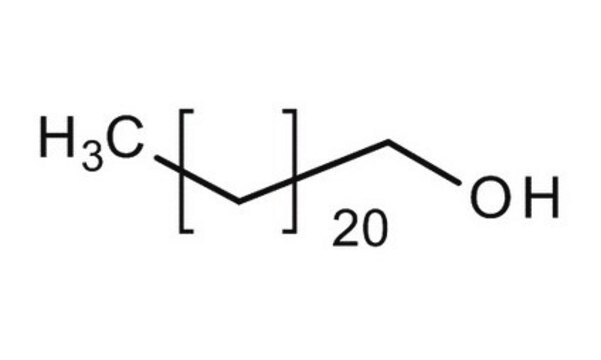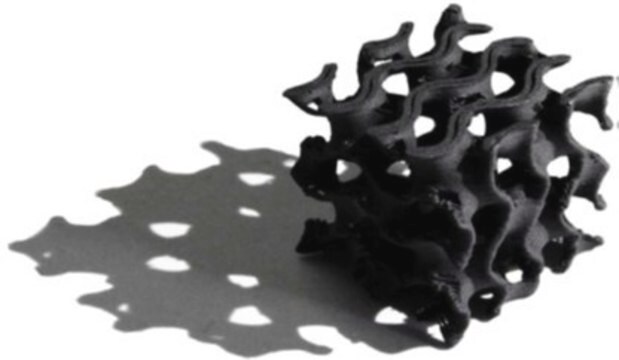918059
1 M 9,9-dimethylfluorene in THF
a precursor solution to prepare the prelithiation reagent for Si anode
About This Item
Productos recomendados
Nivel de calidad
Formulario
liquid
impurezas
≤1000 ppm H2O
aplicaciones
battery manufacturing
temp. de almacenamiento
2-8°C
cadena SMILES
CC1(C)C2=C(C=CC=C2)C3=C1C=CC=C3
InChI
1S/C15H14/c1-15(2)13-9-5-3-7-11(13)12-8-4-6-10-14(12)15/h3-10H,1-2H3
Clave InChI
ZHQNDEHZACHHTA-UHFFFAOYSA-N
Aplicación
Recommended instructions (this should be a separate document):Soak your electrode with the anode material coated on a copper current collector in this prelithiation reagent for a set amount of time. Discard the solution and then wash your electrode twice with THF. For a 1cm diameter electrode with 1∼3 mg acitve material per cm2, use 0.5∼1 mL of prelithiation solution will be enough. You can use an empty coin cell casing as the treatment vessel. Electrode soaking time is important and may need to be optimized for your application. A good time to try is ∼10 min. Longer prelithiation time may cause eletrode structure deformation, leading to a decreased discharge/charge capacity.
Palabra de señalización
Danger
Frases de peligro
Consejos de prudencia
Clasificaciones de peligro
Acute Tox. 4 Oral - Aquatic Chronic 2 - Carc. 2 - Eye Irrit. 2 - Flam. Liq. 2 - STOT SE 3
Órganos de actuación
Central nervous system, Respiratory system
Riesgos supl.
Código de clase de almacenamiento
3 - Flammable liquids
Clase de riesgo para el agua (WGK)
WGK 3
Punto de inflamabilidad (°F)
1.4 °F
Punto de inflamabilidad (°C)
-17.0 °C
Elija entre una de las versiones más recientes:
Certificados de análisis (COA)
¿No ve la versión correcta?
Si necesita una versión concreta, puede buscar un certificado específico por el número de lote.
¿Ya tiene este producto?
Encuentre la documentación para los productos que ha comprado recientemente en la Biblioteca de documentos.
Nuestro equipo de científicos tiene experiencia en todas las áreas de investigación: Ciencias de la vida, Ciencia de los materiales, Síntesis química, Cromatografía, Analítica y muchas otras.
Póngase en contacto con el Servicio técnico